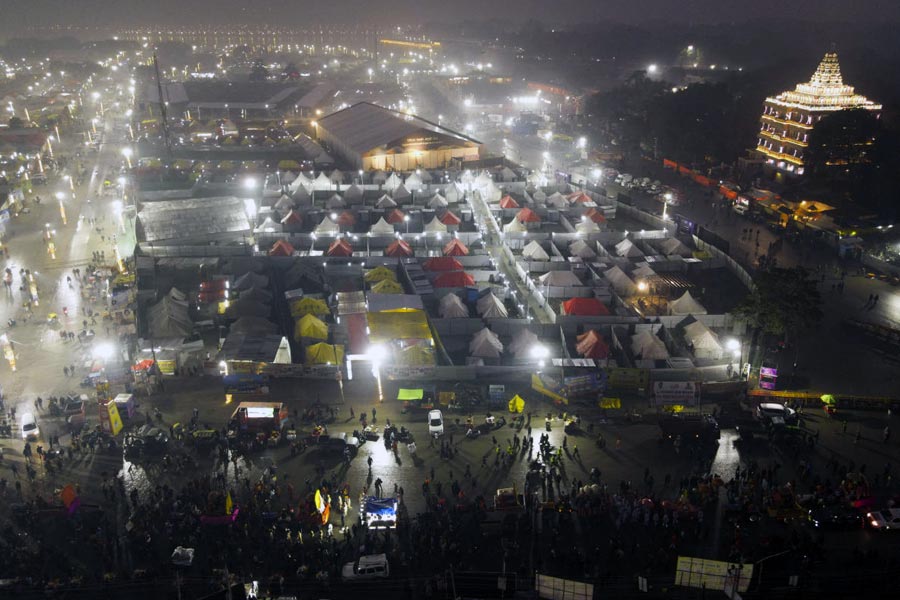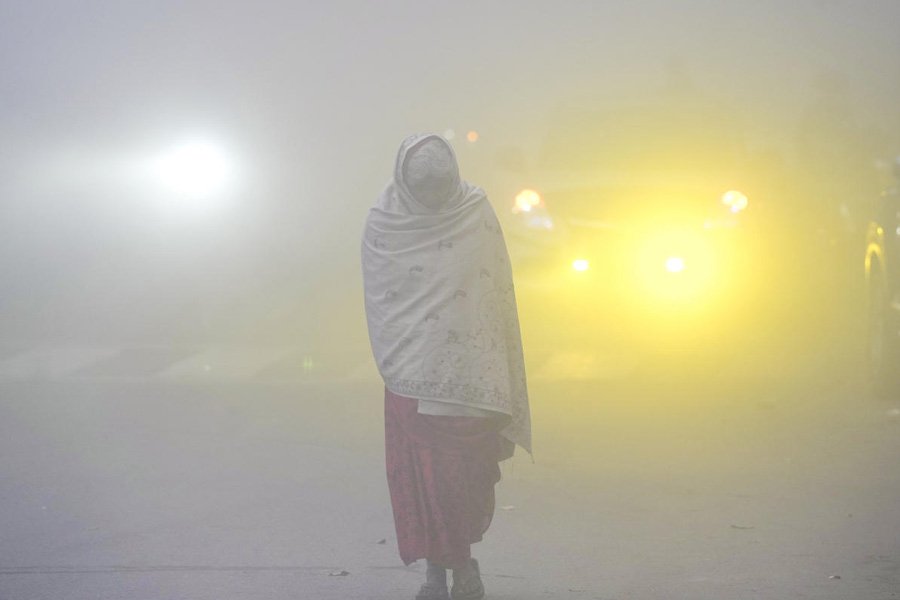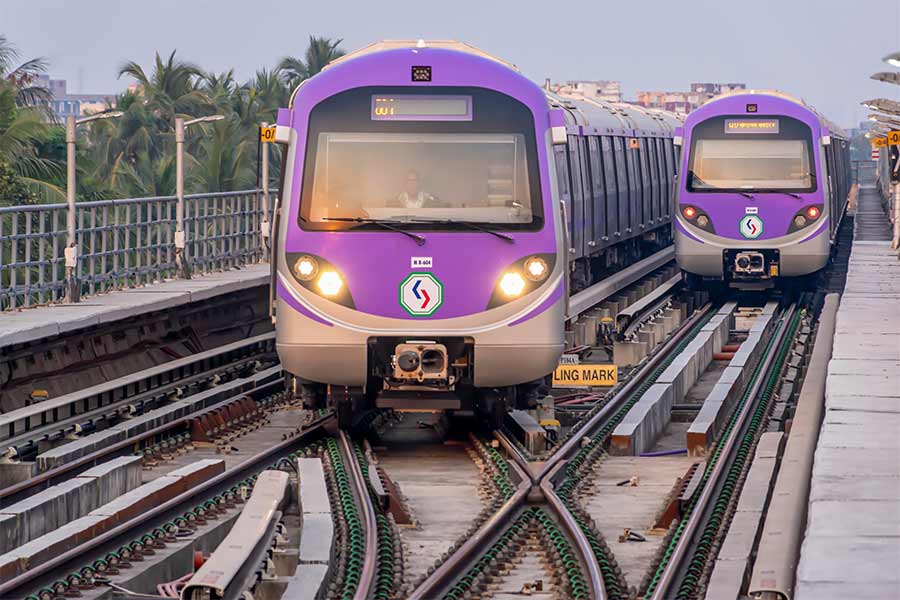On the morning of May 8, 1974 India woke up paralysed. A 20-day strike by the All India Railwaymen’s Federation had begun. Over 15 lakh railway workers demanded eight-hour working day and higher pay scale. They expressed dissatisfaction over the Third Pay Commission that recommended changes to pay scale and armed forces' remuneration, and recommended pay scale reduction, merging of dearness allowance into the pay structure of next year, single increment for every 10 years of service up to a maximum of two increments introduction and of time-bound higher grade promotion.
Faced with gruelling work conditions, lesser wages and bonuses, rising prices of essential goods, worsened by a meagre wage hike proposed by the Third Pay Commission, the railway workers decided to go on strike. But the scale of it was unprecedented. The mass participation and the brutal government retaliation paralysed the nation. Since the beginning of the 20th century, railway strikes have become a powerful tool for registering dissent against the State...
Story: Manaswini Sen
Video Producer: Aparna Singh
Video Editor: Rajbir Singh










